Cetzine Syrup is an anti-allergic medicine that doctors often prescribe for children who suffer from symptoms like watery eyes, sneezing, runny nose, skin rashes, or itching caused by allergies such as hay fever, urticaria, conjunctivitis, or seasonal colds.
The syrup is meant to be given by mouth, with or without meals, following the exact instructions provided by your child’s doctor. Depending on the severity of the allergic reaction, it may be used on its own or together with other medicines. In mild conditions, relief is often noticed within the first few doses, while in more serious cases the course may extend for one or two weeks. If your child vomits soon after taking the dose, you can repeat it once the child feels better, but if the next scheduled dose is near, skip the missed one.
Most children tolerate this medicine well, though some may feel mild discomfort such as drowsiness, nausea, dryness in the mouth, dizziness, vomiting, or headache. These effects usually fade away naturally. If any of these problems continue or cause distress, you should check with the doctor.
Make sure your child’s doctor is informed about any ongoing medicines, previous allergic reactions, or existing health concerns such as liver or kidney conditions, heart problems, thyroid disorders, bowel obstruction, or nutritional deficiencies. This helps the doctor adjust treatment safely and effectively.
Why it is Prescribed
Cetzine Syrup is used to manage different allergic conditions in children. It helps control sneezing, nasal blockage, watery or itchy eyes, skin rashes, swelling, irritation, and allergic responses after insect bites. In skin conditions such as eczema or hives, it can reduce itching and improve skin appearance. When used regularly in children who frequently develop allergies, it can prevent flare-ups and provide steady relief.
Possible Side Effects
While serious reactions are uncommon, children may sometimes show sleepiness or tiredness, headache, nausea or vomiting, dry mouth, mild swelling, or muscle aches. These generally ease as the body adjusts, but seek medical advice if symptoms linger.
Giving the Medicine
Shake the bottle well before each use, measure the liquid with a proper cup or spoon, and give it to your child at the same time daily for best effect. It can be taken with or without meals.
How it Works
This syrup belongs to the antihistamine group. It works by blocking histamine, a natural substance that triggers allergy symptoms in the body. By reducing histamine activity, it helps ease discomfort like sneezing, watery eyes, and itching, making your child feel better.
Safety Notes
For children with kidney problems, the dose may need to be adjusted, so medical advice is important. It is usually safe in mild liver issues, but in severe cases the doctor may decide to change the dose.
Missed Dose
If you forget a dose, give it as soon as you remember. Skip it if the next one is due soon. Avoid giving two doses together.
Vendor Information
- Address:
- No ratings found yet!























































































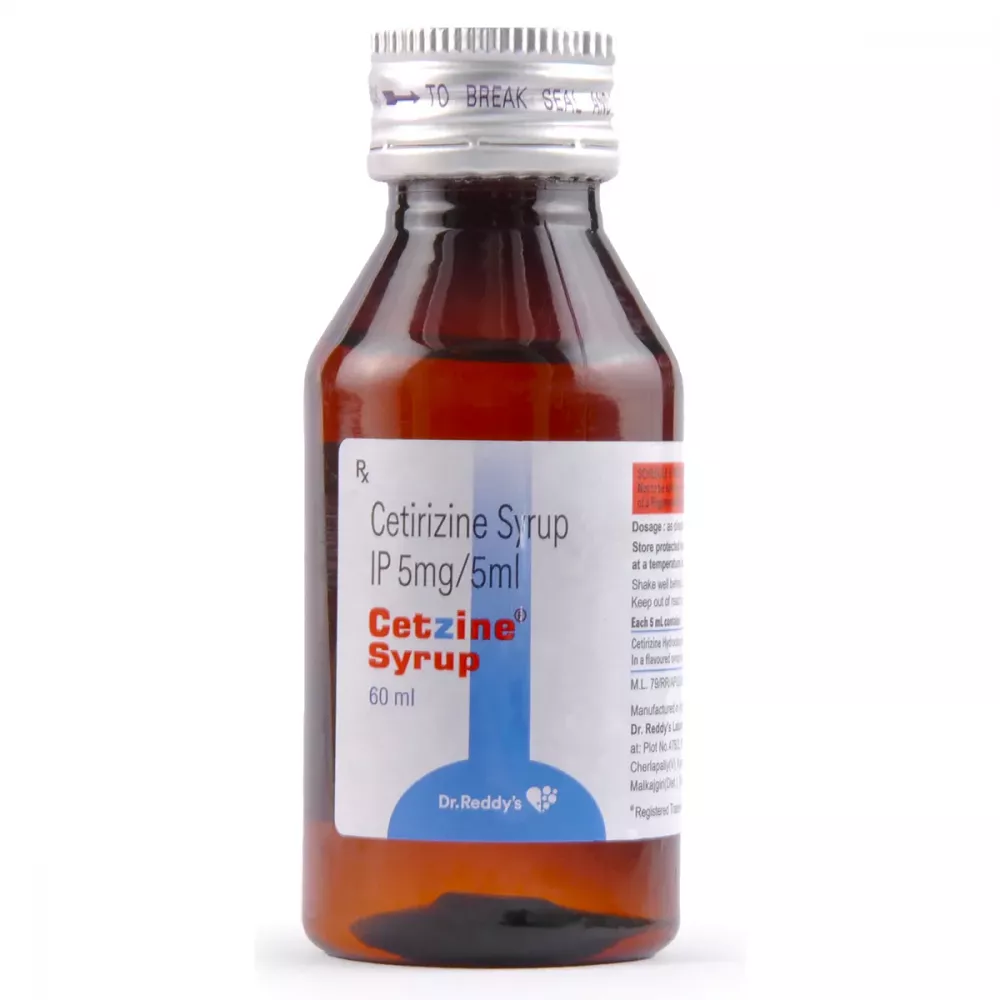
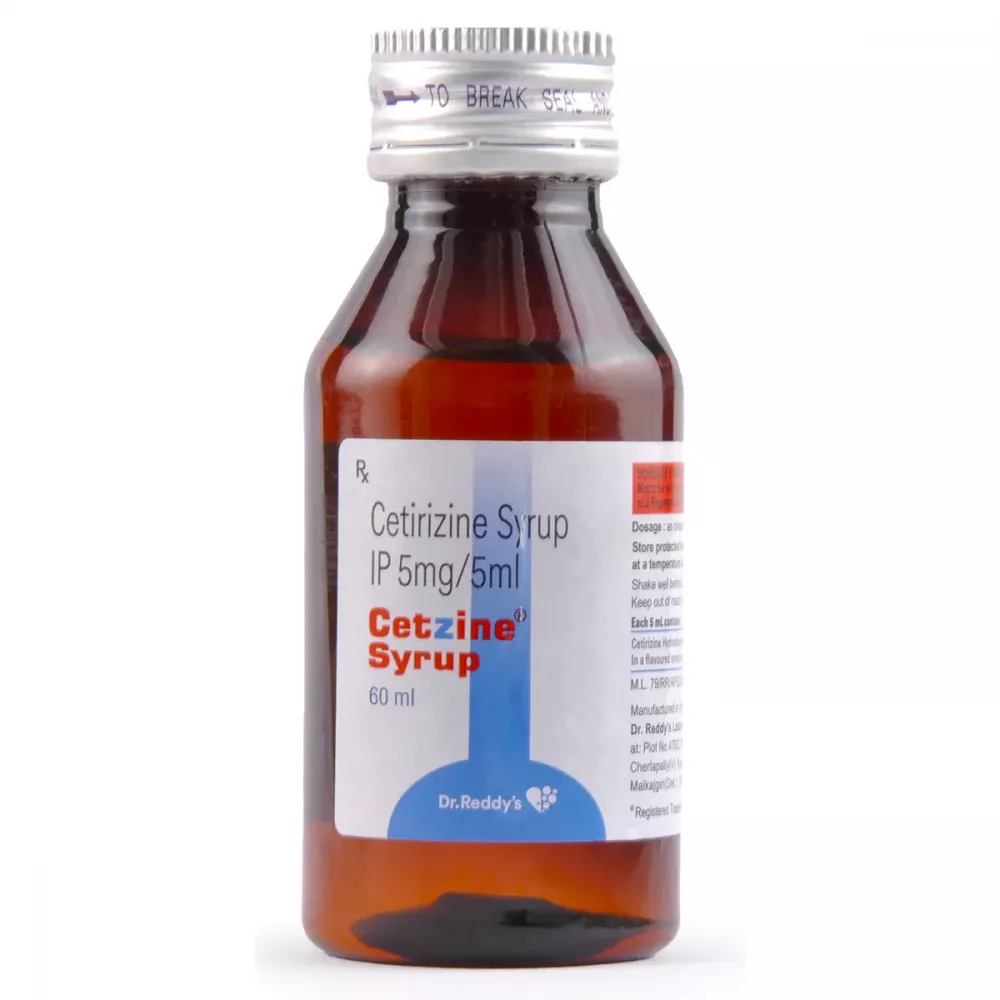
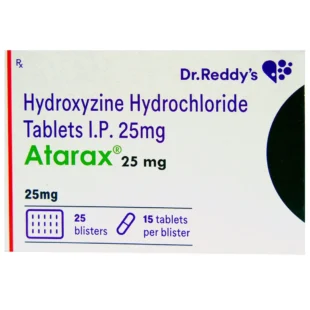
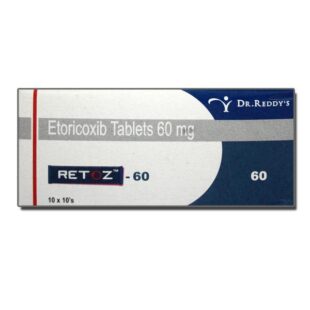
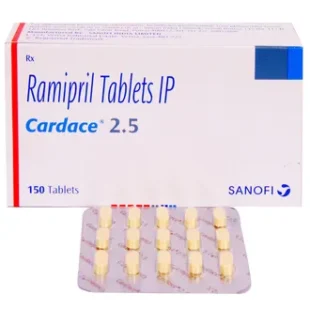
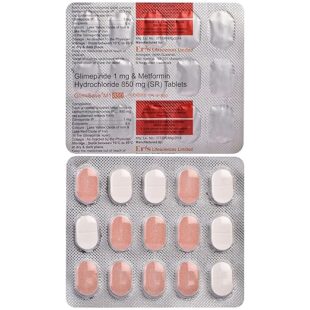
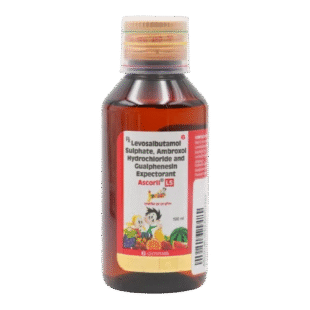
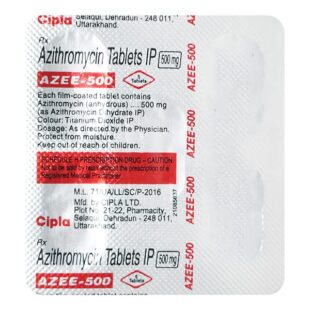
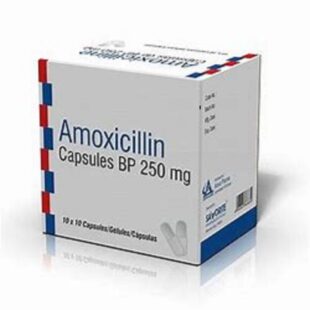
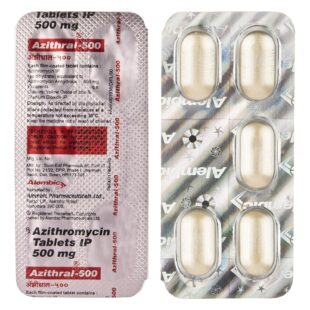
Reviews
There are no reviews yet.